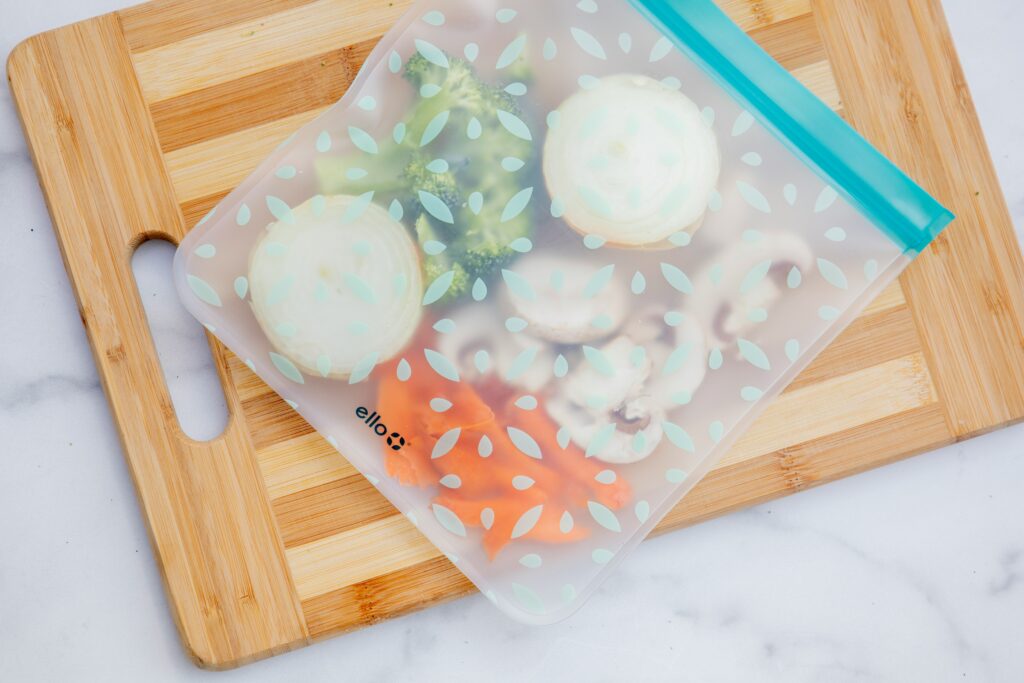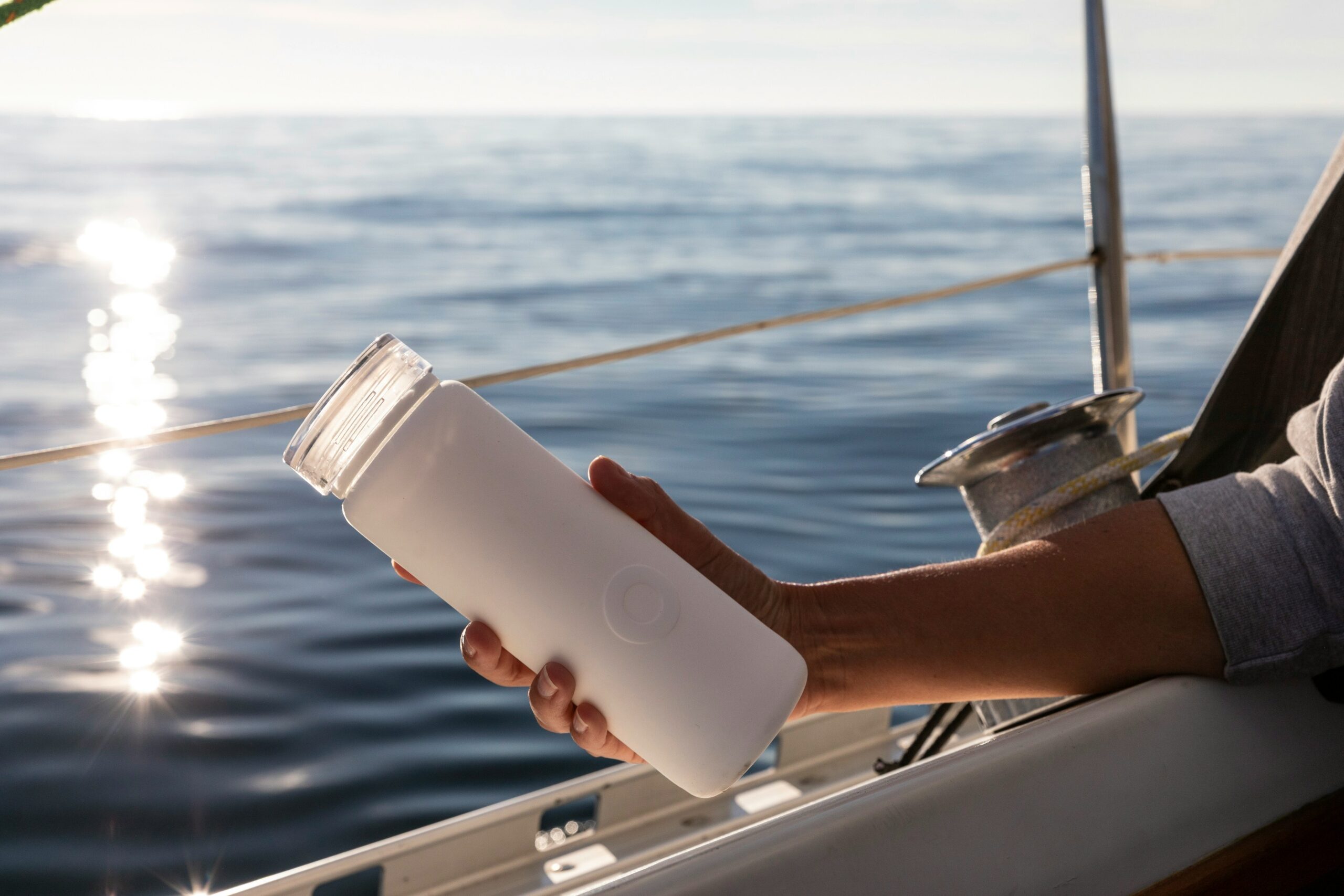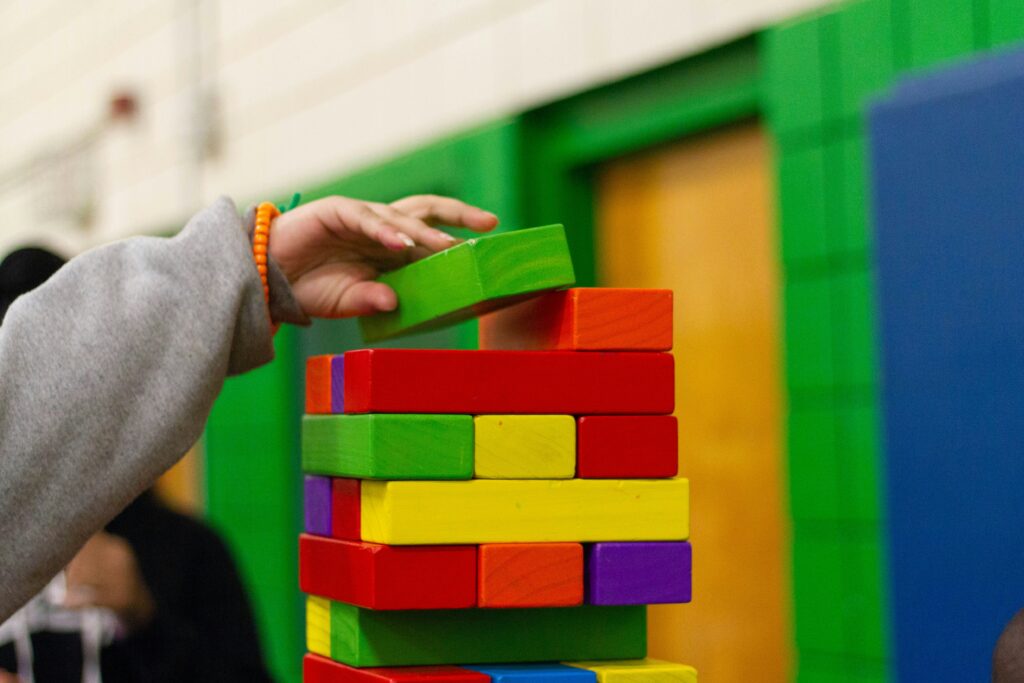I love recycling, upcycling, and reusing. The concept of sustainability rings true to me. However, sometimes, it takes a lot of work and effort to do those things. I was raised without recycling in my house in a consumerist time. I grew up with throw-away everything. The concept of recycling wasn’t pushed then like it is today. Even now, I live in a community that doesn’t offer recycling services (but we’re working on it!).
Once I decided I wanted to be a better steward of the Earth, I tried to do it all. To me, sustainability meant changing everything—fast! I tried the reusable paper towels and zip-top bags. The waterless laundry detergent sheets. I replaced plasticware with glass or metal. I bought things used or picked them up free just because they were free and could potentially have a use. This saved us money and “reduced the demand so stores would stop producing as much.” Or so I thought. Since we didn’t have recycling services, I even started crafting with recyclables to see if I could reduce the amount we were throwing away.
When does sustainability become too much too fast?

It felt good to make positive changes, but it was also really stressful trying to do it all at once. One day, my mother-in-law came to the house and told me I was making my life so much harder than it needed it to be. Soda cans and cardboard boxes were stacked everywhere because I felt bad throwing them away. I knew I didn’t have the time to craft all of them into anything or take them to the recycling center in the next city over, but still they stayed.
Mismatched furniture and random shelves made our home feel cluttered and messy all the time (on top of the messes kids make just by being kids). Hand-wash-only reusable zip-top bags were sitting in the sink with days- (or weeks—eek!) old food in them because I didn’t have the energy to clean them.
She was right. I didn’t even have to look around for evidence that contradicted what she said. There was none, and I knew that. I was overwhelmed, and I was making it harder for myself by trying to do everything. It felt like I was trying to make a drastic change without taking into account the time necessary for the changes to take hold.
The Simple Journey to Sustainability

If you want to make a change, go for it. But allow yourself some grace and break the change into baby steps. You can change, and you will, but it takes time. Don’t get frustrated if it doesn’t go the way you want at first. Don’t be afraid to take two steps back so you can reevaluate and take one solid step forward.
I ended up throwing away a lot of my reusable zip-top bags because they sat in my sink for so long that they grew moldy, and I couldn’t wash out the smell. It was a step “back,” but it helped me breathe and evaluate. After a while, I was able to incorporate them again, this time just opting to put them on the top rack of the dishwasher when I didn’t have it in me to wash them by hand. I threw our pile of cardboard boxes in the garbage, telling myself one day, I’d be in a better place to do something about them.
By the way, if you have a hard time following through with even the little things that you want to change, I highly recommend reading Finish by Jon Acuff. It was life-changing (and I’m not just saying that—it truly was). His book will help you stay put on your journey toward sustainability.
Sustainability Isn’t Easy, But You Can Make it Easier
Once I had cut back, I could finally see the things that had taken hold, and I dedicated myself to perfecting those changes. They were the easy things. I’d bought some fabric zip-top bags that were great for holding dry cereal for my kids to eat while in church or at the park. I still use them after three years, and they’re so easy to turn inside out and throw in the washer. When I inevitably hit that mind-boggling plastic container-to-lid ratio, I bought glass containers instead of new plastic ones. They’ve been going strong for two years despite being dropped multiple times by little two- and four-year-old hands.
When I saw two glass spray bottles on Facebook Marketplace, I bought them and now make my own all-purpose cleaner (once my store-bought kind ran out). I still keep a big package of plastic water bottles in the car for emergencies, but we all have individual metal water bottles to cut down on plastic use. I’ve also found ways to reuse part of our empty plastic bottles in my crafts.

When my laundry detergent ran out, I bought waterless detergent sheets to cut down on plastic and space (they’re doing great so far). Instead of buying small new bottles of bubbles for my boys to enjoy, I just buy one big container to refill the smaller, more manageable ones. One day, I want to make our own bubbles (I think you need glycerin?).
I have a box of dryer sheets that I’m working my way through, but I also now have dryer balls and essential oil, so I won’t buy any more dryer sheets. I could list more, but you get the idea. Some things work at first, and some things don’t. Start with one thing and get good at it before introducing another one. We have years of habits and culture to change, and that takes time, especially when changes affect more than just ourselves.
Time and Consistency is Key

The things that work for us have been woven naturally into my family’s lives with time and consistency. As things become more routine, it takes less work. Then, I introduce the next change, and so on.
As a note, I personally don’t believe in throwing something away just because it’s not the best. I use what I have, and when it needs replacing, I do so with an item that is better for me and the environment.
What changes have you been able to make on your journey toward sustainability?
All my love,
Kyra